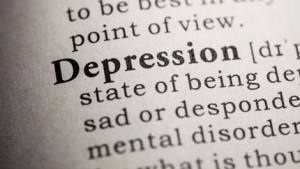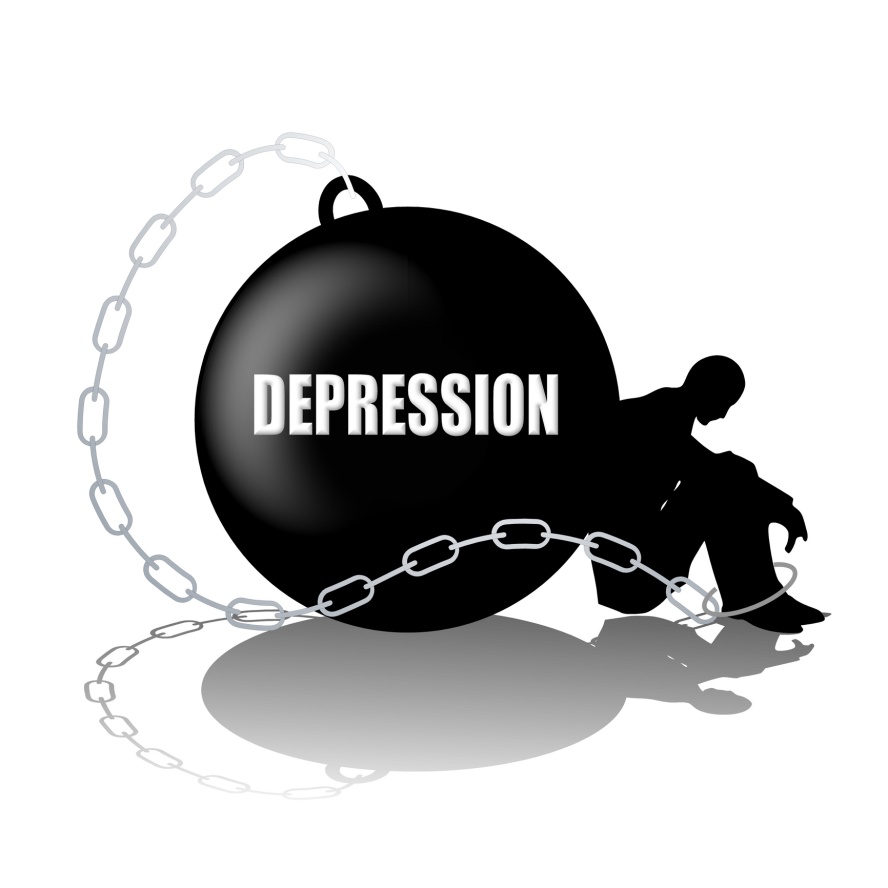The National Institute of Mental Health (NIMH) estimates that approximately 14.8 million Americans suffer from a major depressive disorder. Although depression can affect anyone, certain factors may increase your likelihood of developing the disorder.
Biochemical Factors
Depression is a type of mood disorder that some belief is triggered when brain neurotransmitters are out of balance. Neurotransmitters are the chemical messengers that help the brain and other parts of the body communicate. These chemicals, including serotonin, norepinephrine, and dopamine, help regulate many physiological functions. Experts believe that lower levels of these neurotransmitters may play a role in why some people are more susceptible to depression.
Genetic Factors
Having an immediate family member with depression or mood disorders can increase your risk. In fact, the American Psychiatric Association (APA) states that if one identical twin is diagnosed with depression, the other twin has a 70 percent chance of developing the same disorder.
However, depression can occur in people with no family history of the disease. That is why some scientists believe depression can be a product of both genes and/or life experiences.
Sleep Disorders
Chronic sleep problems are associated with depression. Although experts do not know if lack of sleep causes depression, bouts of low mood do seem to follow periods of poor sleep.
Serious Illness
The pain and stress that come with certain conditions can take a toll on a person’s mental state. Many chronic conditions are linked to higher rates of depression. Some of those are chronic pain, arthritis, heart disease, diabetes, thyroid disease, stroke, and cancer. Others are multiple sclerosis, Alzheimer’s disease, dementia, Parkinson’s disease, and Huntington’s disease.
Social Risk Factors for Depression
Abuse
People who were neglected or abused as children are at risk for major depression. Such negative experiences can cause other mental disorders as well.
Gender
Women are twice as likely to have depression as men. However, this may be due to more women seeking treatment for their symptoms than men. Others believe depression is caused by hormonal changes throughout life. Women are particularly vulnerable to depression during pregnancy, after childbirth (postpartum depression), and during menopause.
Lack of Social Support
Prolonged social isolation, from having few friends or supportive relationships, is a common source of depression. Feelings of exclusion or loneliness can bring on an episode in those prone to mood disorders.
Major Life Events
Even happy events, such as having a baby or landing a new job, can increase a person’s risk for depression. Other life events linked to depression include losing a job, buying a house, getting a divorce, moving, and retiring.
The death of a loved one is certainly a major life event. Great sadness is a major component of the grief process. Some people will feel better in a matter of months. Others will experience more serious, long-term periods of depression. If your grieving symptoms last more than two months, you should see your doctor to be evaluated for depression.
Substance Risk Factors for Depression
Substance Abuse
In many cases, substance abuse and depression go hand-in-hand. Drugs and alcohol may lead to chemical changes in the brain that raise the risk for depression. It could also be that people with depression try to self-medicate with drugs and alcohol.
Medications
Certain medications have been linked to depression. Blood pressure medication, sleeping pills, sedatives, steroids, and prescription painkillers all have depression as a possible side effect. If you are taking any such medications, speak to your doctor about your concerns. Never stop taking medication without first consulting your physician.
If you or someone you know is suffering from depression, it’s normal to want to know what has caused it. The truth is that depression is a complex medical condition that is still not completely understood. The good news is that depression is highly treatable. And there are many sources of help and support in dealing with the condition.
Reference:
www.healthline
 Parsi Teb Physical and Mental Health Journal
Parsi Teb Physical and Mental Health Journal 



